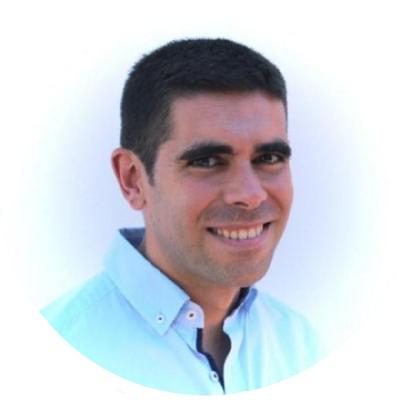The importance of personal projects

Maybe one of the most important pieces of my ongoing recovery is having personal projects I can invest my time and energy in. Of course, my main project now is my rehabilitation, as a whole. But I also think it’s good complementing it with other little things, which I could also hopefully continue with, once I end with my, let’s call it official, rehabilitation process. On the one hand, I think they help me to feel active and not to feel that I’m just wasting my time into something which sometimes looks like will never end; on the other hand, I want to believe they will help me to recover my previous roles in the future.
One of the personal projects I’m investing my time in is writing this blog. As I believe I already mentioned, I post here basically for two reasons: a) because I think my experience could maybe help other people in similar situations, now or in the future; b) to exercise my English writing skills.
Another project I have is learning to play the piano. I always loved music (especially singing) and I always wanted to know how to play an instrument, among other reasons to be able to accompany my voice with something else. Having so much time to dedicate to my own recovery and development made me decide to receive piano classes to learn to play this instrument, and now I honestly think it was a great idea.
A third project I started during my rehabilitation, both related to my job and to my work experience, is NeuroLink. Although it’s still a project in development, NeuroLink aims to be someday a social network for people affected, directly or indirectly, by either brain or neurological damage. People who suffer these kinds of pathologies, and also their carers, aren’t generally neurology or rehabilitation experts, so we face a new and challenging experience. We need to learn a lot of new things and, in my opinion, the best way to do it is establishing connections with other affected people, professionals, rehab centers, etc.
Hence, this project has a double purpose:
- testing my programming skills (or at least practicing a little bit to not forget them completely) to be prepared for the day I return to work; and
- potentially helping other people in similar situations, now or in the future.
This project is, of course, based in our own experience: when we left the hospital, we didn’t know where to go or what to do. I thought it would have been awesome to have some kind of resource like this in those moments so we could have easily found some kind of help from people with a similar experience.
